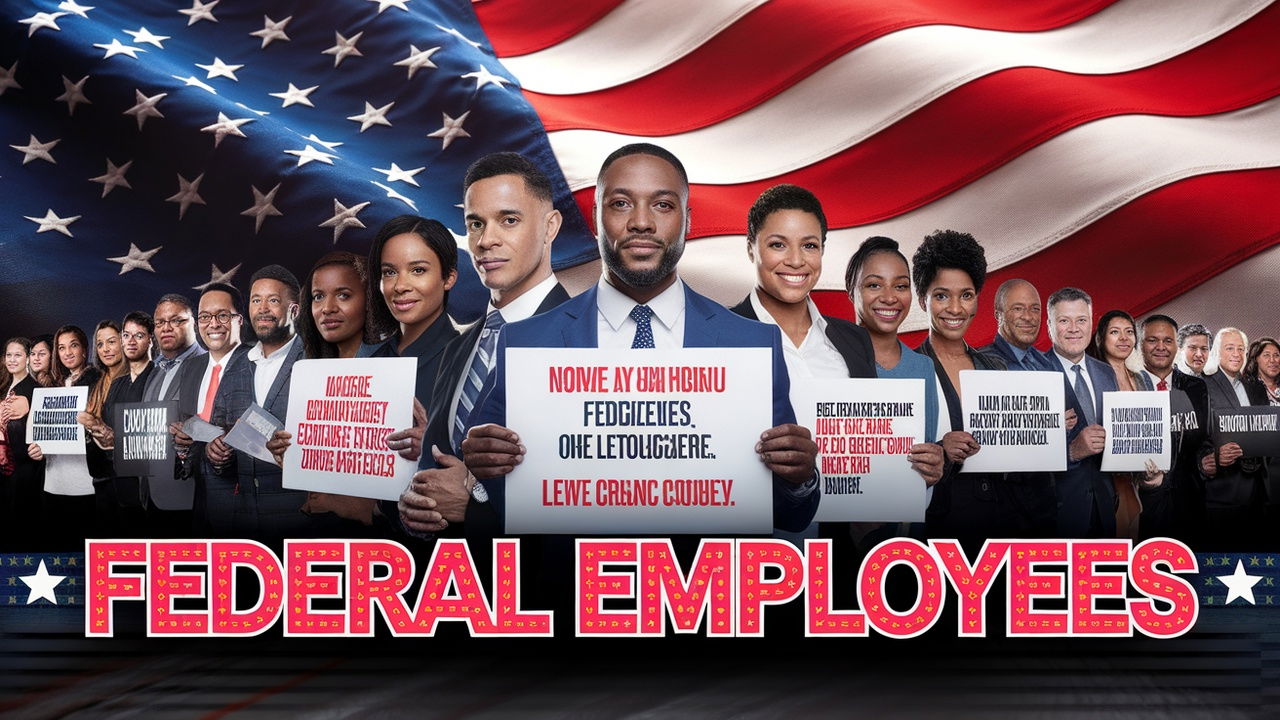Federal Employees in a Shifting World: How to Secure Your Financial Future in the New Cold War

The New Cold War: What It Means for Federal Employees & the U.S. Economy
The world is entering a new geopolitical era, often referred to as the New Cold War, marked by rising tensions between global superpowers. As someone who has worked in both the private and public sectors, earning a B.A. in Managerial Economics and an M.A. in Public Administration, I’ve had a front-row seat to the economic and policy shifts that directly impact federal employees.
For over 20 years, I’ve navigated volatile markets, government downsizing, and economic downturns. I was a top mortgage banker during the early 2000s, helping clients secure homeownership before the 2008 crisis reshaped the industry. Later, as a government loan and grant specialist, I helped secure millions in funding for rural communities while witnessing firsthand how federal employment policies were evolving.
Now, as federal employees face job uncertainty, economic instability, and shifting global power dynamics, the pressing question is: How do you protect your financial future in the midst of these changes?
Understanding the Two Cold Wars: A Historical Perspective
The Old Cold War• Definition: The original Cold War (1947-1991) was a political, military, and ideological struggle between the United States and the Soviet Union.• Outcome: The collapse of the Soviet Union in 1991 led to U.S. global dominance, a booming economy, and a stable federal workforce.
The New Cold War• Emergence: Unlike the past, this new Cold War isn’t just military—it’s an economic and technological battle between the U.S. and China.• Key Players: The BRICS nations (Brazil, Russia, India, China, and South Africa) are forming a new global economic bloc, challenging Western financial dominance.
As a finance professional and a federal employee, I see how these shifts are directly impacting the economy, inflation, and federal job security.
Economic Implications for Federal Employees: Shifts in Global Power
For the first time in history, the U.S. is facing an economic competitor capable of surpassing it. China’s economic policies, investments in infrastructure, and control of global supply chains are causing ripple effects in federal employment and funding priorities.
Federal Workforce Cuts & Uncertainty
The federal government has always been seen as a stable career path, but that’s rapidly changing:• Reduction in Force (RIF) Warnings: Many agencies are signaling potential layoffs.• Early Retirement Incentives: Some are being encouraged to retire to cut costs.• Federal Budget Constraints: Spending cuts mean fewer career opportunities and funding for key projects.
I’ve worked in federal programs long enough to see how these policies play out—and how employees who aren’t prepared suffer the most.
How to Protect Yourself: The Need for Multiple Income Streams
During the Great Recession, I watched as seasoned professionals lost everything overnight. Many were so dependent on their government paychecks that they had no backup plan.
That’s why I built multiple income streams—through real estate, entrepreneurship, and consulting—while still working a 9-5.
Here’s what I’ve learned:
• Relying on a single paycheck is risky—especially in times of economic and political uncertainty.
• Monetizing your knowledge is the fastest way to create financial security.
• Federal employees have transferable skills that can generate $1,000-$5,000/month or more in extra income.
This realization led me to create my program, “Monetize Your Federal Expertise”, a step-by-step roadmap for government employees to turn their knowledge into additional income—without quitting their jobs.
My Course: Your Financial Safety Net in a Changing Economy
If you’re a federal employee, contractor, or government specialist, you already have valuable expertise that people outside the federal space will pay you for. My course helps you:
Identify Your Marketable Skills – Learn how to package your knowledge into a profitable offer. Create Multiple Income Streams – Explore consulting, freelancing, digital products, and coaching opportunities. Navigate Federal Employment Cuts – Future-proof your income before layoffs or downsizing happen.
I’ve helped professionals transition from paycheck dependence to financial security—and now it’s your turn.
The Choice Is Yours: Wait for Policy Changes or Take Control?
The world is changing. Federal job security isn’t guaranteed. The New Cold War isn’t just a global issue—it’s a direct challenge to your career and financial stability.
You have two choices:
Hope the government job market remains stable (despite clear signals that it won’t). Take control of your financial future by monetizing your expertise.
If you’re ready to future-proof your income, enroll in my course today and take the first step toward financial independence.
➡ Enroll Now: Monetize Your Federal Expertise
Final Thoughts: Adapting to the New Reality
Federal employees and government workers have long been the backbone of stability in the U.S., but that stability is shifting. The best way to navigate uncertainty is to create options for yourself.
I know because I’ve done it—and I want to help you do the same.
Let’s turn your federal expertise into your greatest financial asset.